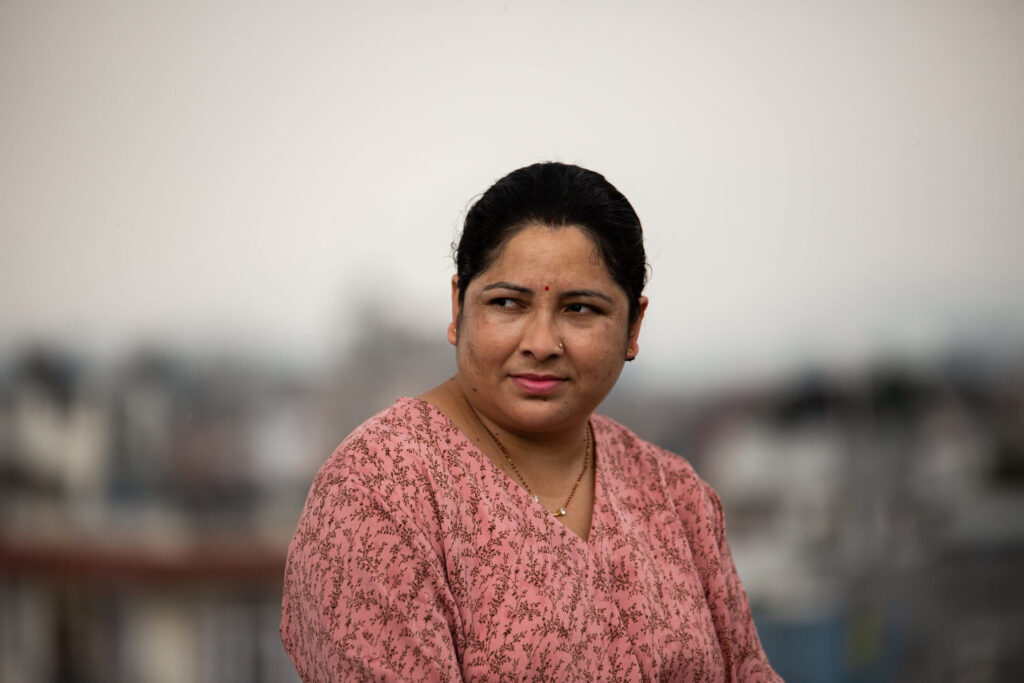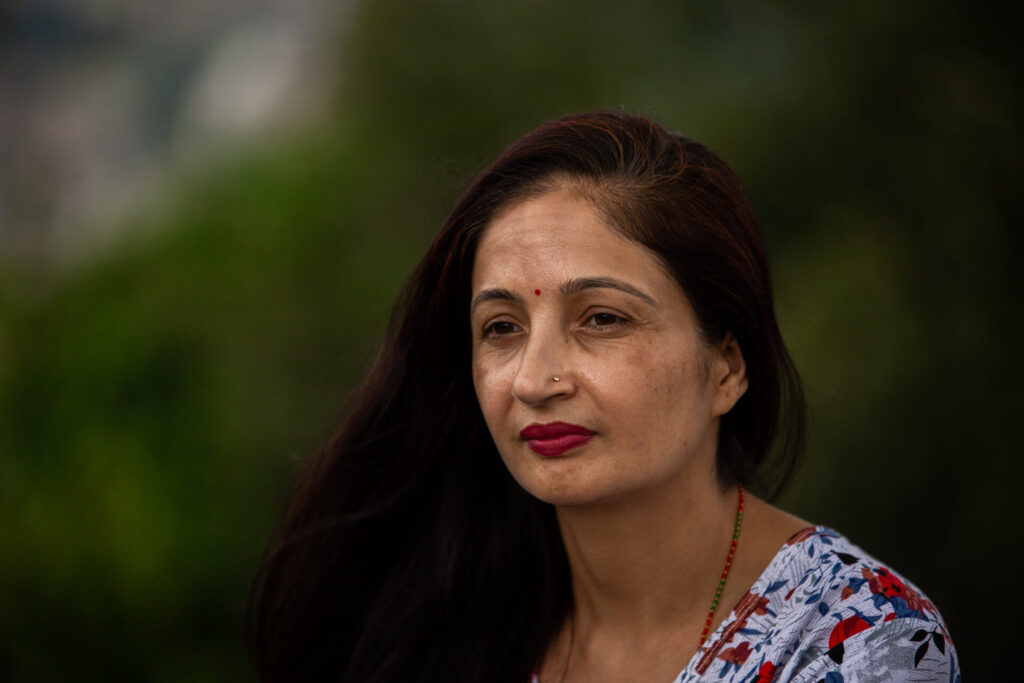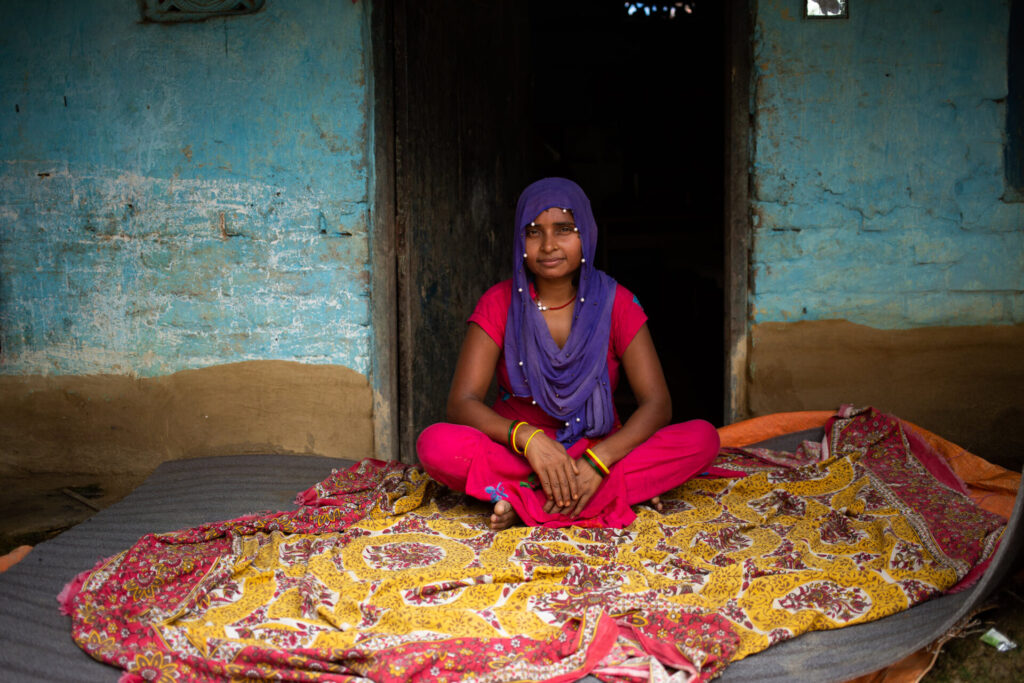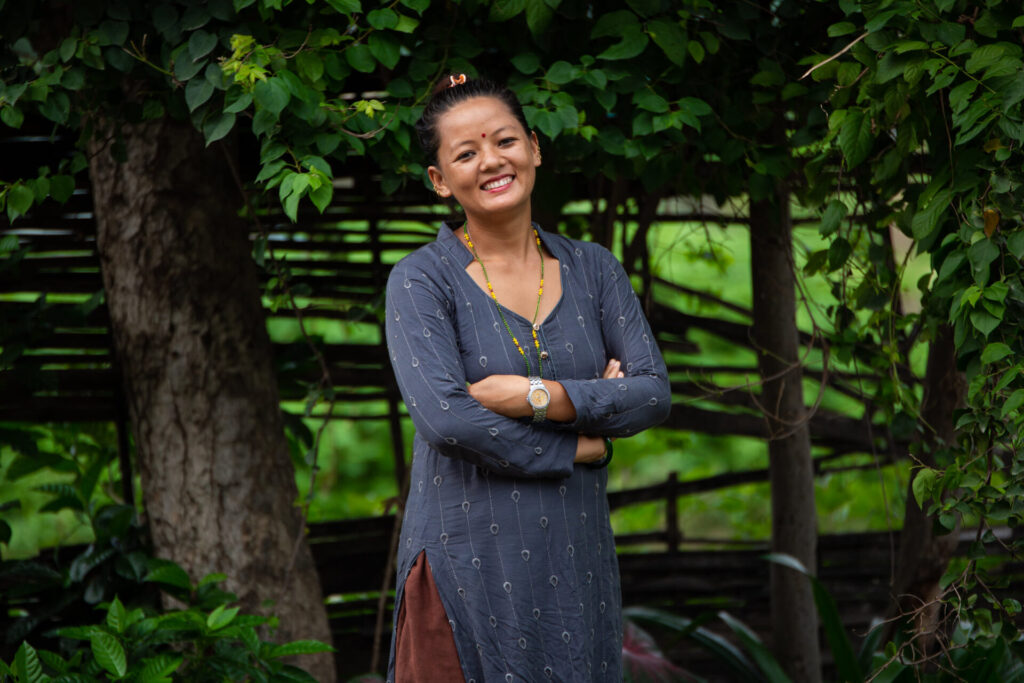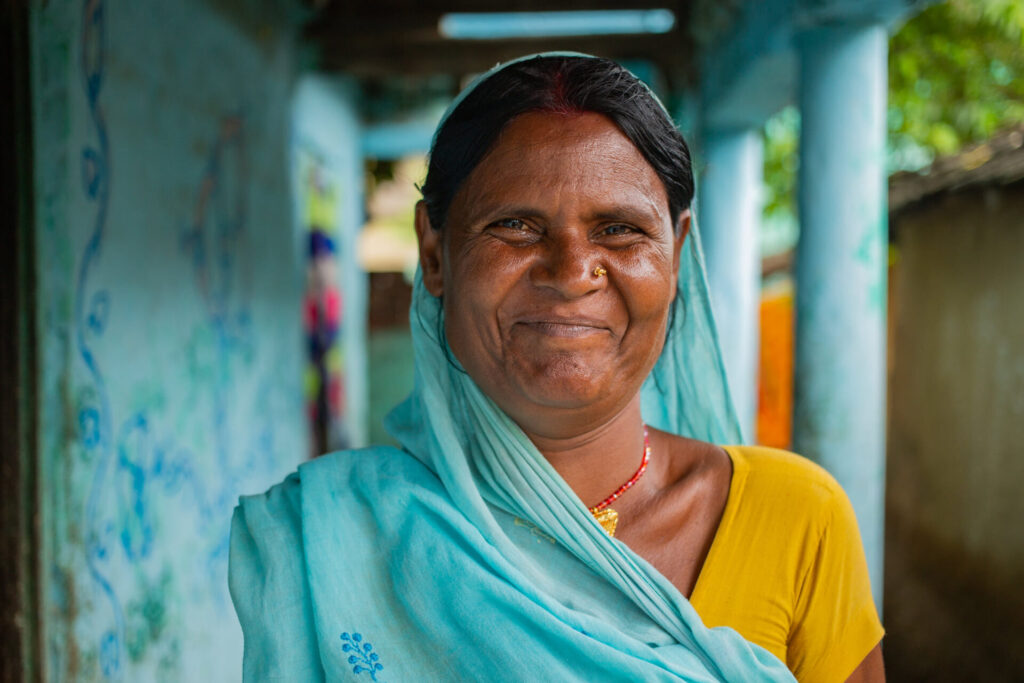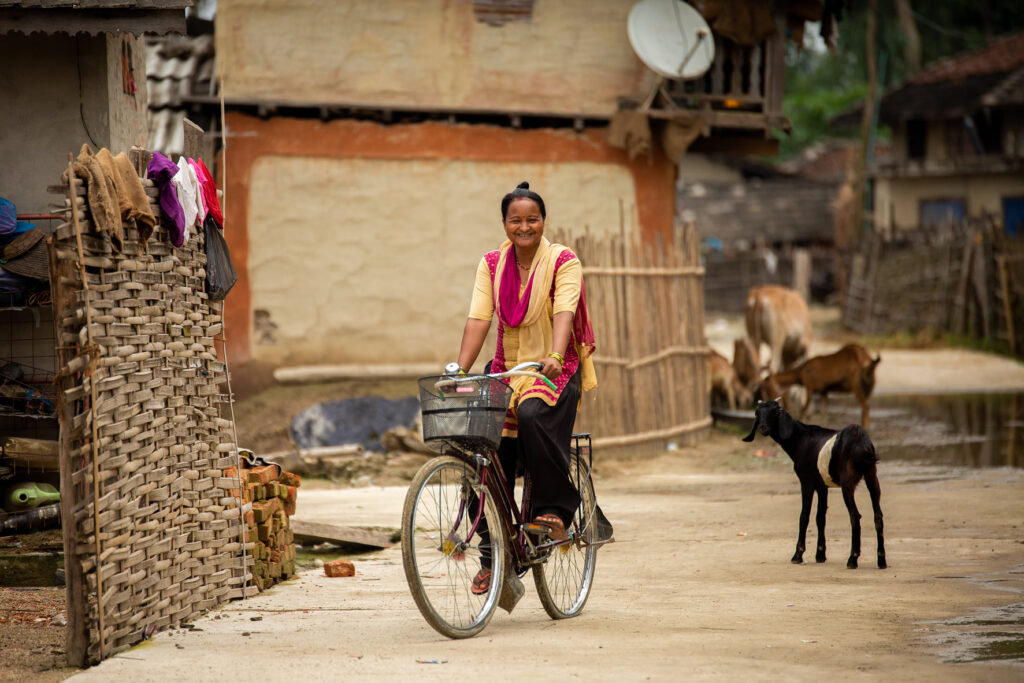“When I was around 10, mother passed away. Of what I recall, she was very dependent on my father – socially, financially and emotionally. As I watched her struggle day in and day out, from very early on in my life, I took to heart that if I am not independent, my life was going to be just like hers. Father was also not the kind who cared for his children, especially the daughters. I felt this deta
chment in him was because I was a girl child. Maybe that was the reason for his disappointment. In hindsight, Father’s lack of attention towards me taught me how to take care of myself. I had no choice but to be independent. This also gave rise to this energy inside of me to prove myself. Had he been protective of his daughters and had he not let me leave the village, I probably would not have become an adventurer and a mountain climber. At home, there were no expressions of happiness for my accomplishments. Maybe this was all very normal for someone like my father who had spent his life in the mountains. I remember returning home after climbing Everest. I was met with no celebration. Maybe because Father never encouraged me, he did not feel comfortable taking credit for my success. You see, our society does not want women to excel. It tells the men to fear women. For a long time, I never had a chance to realize my own potential and the scope of things I had accomplished. It was only when people started talking about the adventures I had taken and when magazines and newspapers started telling my story, I felt like, ‘Oh, I must have accomplished something important’.
My first ascent was Yale peak in 2009. After that I have successfully scaled many highest mountains around the world, Mt. Everest is one of them. In Nepal, climbing has always been attributed to something a man would do. And in villages, it was considered that a man would go climbing with the foreigners only because he lacked education or had no skills. The concept of adventure amongst Nepalis is very new. Women are mostly shunned. When I first decided that I wanted to get into climbing, unlike men, I had to prove that I could. I had to train just to get in. There were people who would say. ‘Climbing is not for women. No one is going to hire you. Eventually, you will have to get married. And after that, your body will change. What is the use? And even if you do, you will have to walk with men. You will have to share a tent. And when you come back, who will bring you a marriage proposal?’ At one point all this negativity led me to think these things as true but I got out and persevered. I was driven by my passion. Nothing ever was for popularity. Through my experiences, I wanted to really know that I was capable like any other man. And I am. I fought for my dreams as a little girl. And as a woman, I am still climbing my mountains.”

